The Curious Case of the Backchannel Notebook: An Oakland City Council Mystery 07/21/2018 Jaime Omar Yassin  A funny thing happened on the way to the Oakland City Council Community and Economic Development Committee meeting on July 17th. Let me back up a bit. I usually sit on the second floor balcony at city council meetings and its not just because I’m a misanthrope. It lets me better focus on events. From the balcony, I can see who is coming and going, the reactions of city council people to remarks and each other, what they do on their phones when they think no one is looking. I was sitting there a week earlier on June 10 at the full city council meeting where the Derby Street parcel sale had once again appeared on the agenda. The Derby Street parcel is a city-owned plot of land in the Fruitvale district, purchased a decade ago with Redevelopment Agency funds for the express purpose of selling it for an affordable housing development one day. But somewhere along the way, the city of Oakland had decided instead to sell it to a private company that develops both affordable housing and charter schools, the Pacific Companies. The Pacific Companies wants to build a new building and campus for Eres Academy, a charter school in Oakland’s Fruitvale, owned by the Aspire company. The new facility would be much larger and is part of Aspire/Eres’ planned expansion to a capacity of over 600 students. This was the second time the sale of the Derby Street parcel to Pacific had appeared on the agenda at a full council meeting. The previous time, at a May 15th city council meeting, a mass community response against the sale–including an Oakland Unified School District statement opposing it–prompted the city council to pull the agenda item rather than vote on it under such a hot spotlight. Between May 15th and July 10th, the city council had at least one closed-session meeting with the Pacific Companies’ representatives about the Derby Street sale. Following that meeting, the Derby street sale snaked its way back on to the city council meeting agenda. During that same time, at a June 26th CED committee meeting, Council Member Rebecca Kaplan introduced an ordinance for a 180-day moratorium on public land sales until a policy on such sales could be developed. Though Council Member Noel Gallo made a motion to vote on the moratorium–which had contained an exemption for land that already had an Exclusive Negotiating Agreement [ENA] with a buyer, or that was below a certain size–failed to receive a second and died in committee. I was at that meeting and noted that Council Member Lynnette Gibson McElhaney’s rationale for rejecting it–that the city would have a working policy on public land sales within 30 days–was absurdly hollow. Council Member Annie Campbell Washington seemed extremely pleased to declare that the matter “dies in committee.” On July 10th at the full City Council meeting where members would once again consider the Derby Street sale, I was in my usual spot, in the second floor balcony. I also recognized a Pacific Companies representative who had spoken at previous meetings; he was sitting just a few seats away from me. The city again pulled the Derby Street sale before it was heard, and I noted that this didn’t seem to faze the Pacific rep. I don’t pretend to know why the city keeps pulling the Derby Street sale from the agenda at the last minute, but there’s one possibility that doesn’t require brilliant detective work. The posting and pulling will eventually wear down the opposition’s capacity to mount a significant presence at City Council should the item come a third or fourth time, and the city can do its business outside of the spotlight that it seems to loathe. Now, back to the July 17th CED committee meeting. The committee meeting was of interest because Kaplan was reintroducing her moratorium proposal. The committee would also hear ostensibly updated versions of the community, council and city versions of public land sales policies. There was again a record crowd for both the moratorium and the community public land sales policy proposal. The community proposal included mandatory affordable housing and local jobs training and hire folded directly into public land sales, both of which the city officially opposes. I went up to the 2nd floor as I usually do, and alone there among the empty seats, I found a notebook sitting on an armrest. It was a slim brown leather-bound planner, with a nice pen holder attachment and elastic strap. In the notebook, I found a familiar name. It was an astronomical coincidence. The Pacific Companies’ representative had left their notebook behind at the July 10th meeting for the Derby street sale, and here it still was 7 days later. This isn’t as astounding as it initially appears, though. The city skimps on cleaning the council chambers, and rarely hits the balconies. In the past, I’ve found my own packaging and napkins from a burrito I ate during a meeting two weeks previous. Once I found a used Huggies carefully placed in the corner, because there’s no trash receptacle up there [and no baby changing stations in the building restrooms]. But the fact that I, one of few writers [and sometimes journalist] who actually care about the irregularity around the Derby sale found the notebook at a meeting where the moratorium would be discussed–well, yes, that’s a triple-X coincidence and all I can say is sometimes the universe is listening. Just as in the last moratorium hearing, the ordinance had prompted a dense speakers list and every last comment was in support of it. Regardless, after the last speaker left the podium, the moratorium received no discussion from committee members and none made a motion for a vote. The moratorium died again–permanently, one assumes. But this wasn’t the last I would hear about the moratorium. In fact, the contents of this handsome brown leather Pacific Companies notebook mention the moratorium several times, and it was a subject of special interest for the writer. The original moratorium contained an exclusion for buyers who had a current ENA with the city and the rep worried that Pacific’s ENA had expired in April, 2017. Indeed, the rep believed that the moratorium was “direct result of us”, i.e., Pacific’s intention to push through a public land sale before a public land sales policy could be enacted. Claiming that Pacific needed “to be on the offensive” against the moratorium, the writer made entries like “delay vote” and “kick down road”. There were also talking points on why the moratorium should be changed to suit Pacific, either by excluding Derby specifically, or changing the minimum site area sufficiently to exclude the Derby sale. The notebook boasts “Noel to make a friendly amendment” to the moratorium. And in a list of “to-do’s” that include setting up a meeting with “city legal”, the Pacific notebook also ominously bullets “kill moratorium…?”. Whatever actual impact the Pacific representative had on the outcome of the moratorium and on the disposition of the Derby sale, it’s clear Pacific took the sale extremely seriously and was shaking city trees for the desired outcome throughout the process. The notebook has a list titled “paid advocate” and “the right lobbyists”, where it pairs the names of Rebecca Kaplan and Desley Brooks with possible lobbyists, including Townsend Partners’ Niccolo Deluca and charter lobbyist Isaac Kos-Reid. And throughout the notebook, are notes about key OUSD board members and Council Members. These read “comes down to Desley…Desley may be a risk” and “helps our cause if Kaplan are [sic] irrationally opposed”. The mayor was included in the list of officials needing attention, because of the possibility of a tie on the sale that might require her deciding vote: “need to shore up mayor”. There was also a list of secure votes reading “lanet [sic], Anne, Noel” and a reminder to “call Noel by 2pm to see where votes are”. It’s not clear what has happened to the Derby Street sale since the last time it was pulled, nor whether the city’s eventual and putative public lands policy will have any kind of effect on it. And as entertaining as its been to tell this story, there is no Chinatown-esque plot here. It’s just the usual behind-the-scenes hand-shaking that takes place between monied interests and the council as they avoid public scrutiny and subvert the will of communities impacted by the issues. Tropes like “youth” “schools” and “affordable housing” are thrown around liberally at the City Council to increase the wealth of private entities–to the detriment of the communities said to benefit. Instead of a beleagured school full of wide-eyed innocents, the main beneficiary of the Derby sale is Pacific, a for-profit developer expert at directing public monies and lands into its pocket. It’s a behemoth company that is using Aspire–whose former director runs Pacific’s charter development unit–as little more than cherubic money-launderers. Likewise, despite never having built a stick of affordable housing in Oakland, Pacific is now using affordable housing as a beard to end-run school district control and start a speculative run on charter school development and construction throughout the Bay Area. Its doing so even as Derby hangs in the balance, proposing a charter/affordable housing development on the former Ace Hardware lot in East Oakland’s Havenscourt, with the working title “Foothill”. The site is surrounded by existing affordable housing, with a grammar school 5 blocks away. Incredibly, the empty OUSD school building that Eres turned down as an alternate site for its campus is directly across the street. Notably, the notebook refers to Derby, as a “legal tool” for the Foothill charter development and Alum Rock, a similar development in San Jose. Given that buying land and building charters for Aspire schools without going through school district property leasing is exciting new territory for Pacific, it makes sense that doing it at Derby will normalize the idea elsewhere. All this manipulation doesn’t stop at the actual targets of acquisition. Rather, in this case, legislation with benefits to the community that might stand in the way of the developer are also subverted in private. Whatever influenced the CED committee to stand so firmly against the 180-day moratorium, every outcome that the Pacific notebook shows a hope for has occurred. When the moratorium came before the June 26th CED committee meeting, the language of the ordinance differed in one particular aspect from Kaplan’s legislative brief presented at its first hearing at the Rules Committee in May. The ordinance now added to “exclusions” not only parcels that have a current ENA, but those parcels that “have been subject to” an ENA. That may have allowed a figleaf argument that Derby Street sale was exempt despite their expired ENA. The moratorium was then “kicked down the road” by McElhaney and Campbell-Washington, just as it seems Pacific’s rep would have wished. Finally, it all became moot when no council member moved to accept the legislation for discussion, causing the proposal to die in silence. Those silent Council Members were nearly all those listed as in the bag for the Derby sale at the CED committee meeting that moved it to a council vote–McElhaney, Campbell-Washington and Gallo. After an hour of community comments about its necessity, the “killing” was so quick that most of those present probably missed it. In a scene reminiscent of an Agatha Christie novel, everyone who had a grudge against the moratorium seems to have sunk a knife into it. And yet despite all the trappings of a detective story, there’s no mystery here. This is just the city doing what it always does. The chances of discovering the City Council’s backroom deals are as slim as finding the evidence just sitting there at the scene of the crime. Epilogue: I returned the Pacific notebook to Noel Gallo’s office and explained that I had found it in the city council chambers and asked him to return it to its owner. I also tried to make an appointment with him to discuss what I found in the notebook, especially regarding the places where his name appeared. His assistant scheduled me the next day at noon. Granted, that was the day Gallo’s ballot measure legislation was being heard by the Rules Committee and the meeting went very long, so he bumped me. At the end of the meeting, I found him in the building and explained the situation, and that I would be writing something regardless of his response. He bizarrely offered to speak to me during a ride along with the assistant police chief, which I refused and he has not attempted to contact me since. As for the owner of the notebook, I tracked them down and contacted them at their place of work in Idaho, The Pacific Companies. I let them know that I had found their notebook and had handed it over to Gallo with instructions to return it to them. I also told them I had some questions about the notebook’s contents. I added that the notebook had no information whatsoever that could be considered private, as it was entirely development business Pacific has with public entities. I let them know I would be writing something, and would appreciate comment, and sent them questions via email by their request. This was their response: My personal notebook was either lost or stolen, which contained private thoughts around our ERES Academy project at the Derby Street parcel. In those notes, I expressed some frustration with those who use the beneficial public lands discussions to delay or prevent a project that helps the underserved youth of Oakland. My sole goal remains moving disadvantaged children from an unsafe, cramped and aging facility into a state-of-the-art learning facility where they can thrive, prosper, and meet their fullest potential. If my private musings conveyed a different message, then I sincerely apologize, but I will continue to focus on serving our students and opening ERES Academy.
0 Comments
Leave a Reply. |
Gene HazzardDon't Be Envious of Evil Men Archives
June 2024
Categories
All
|
- Home
- Sanjiv Handa
- Gene's Blog
- Rotunda RFP
- Gene Hazzard -Keeping eyes open
- Chronology of Tagami's scheme of Private-Public Partnership with City Projects
- Another Tagami scheme - Rotunda Building deal
- Oakland Army Base
- Billboards in Oakland
- Port of Oakland
- Oakland Raiders?
-
Who is running Oakland?
- Jerry Brown
- Don Perata
- Judge Robert B. Freedman
- Jacques Barzaghi
- Gawfco Enterprises
- Deception
- Doug Bloch
-
Phil Tagami
>
- SF Business Times November 20, 2005
- Rotunda wrestling
- A conversation with Oakland developer Phil Tagami
- Audit of $91 million Fox Theater project
- Tagami Conflict
- CCIG Response to Oakland Works
- Oakland developer Phil Tagami named to state medical board
- ‘Shotgun Phil’ hits another bullseye — with governor’s help
- CleanOakland Store
- CenterPoint Properties

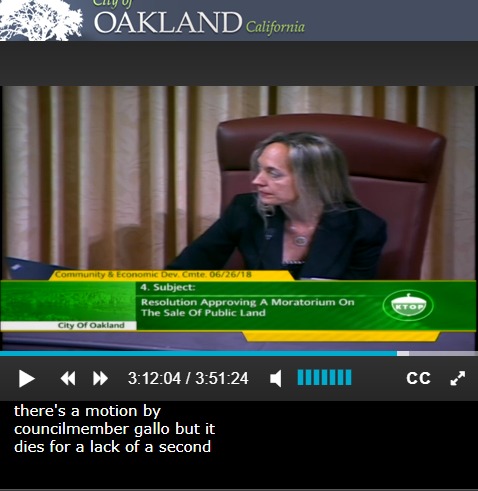
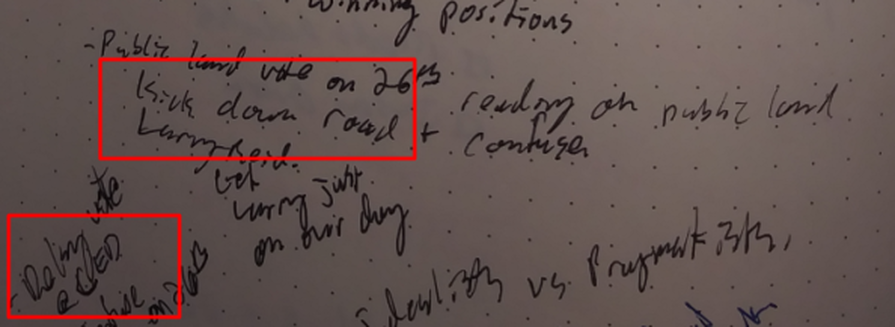
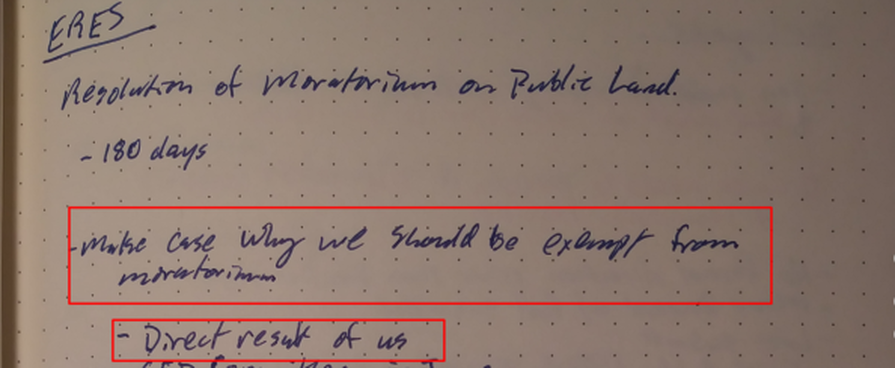
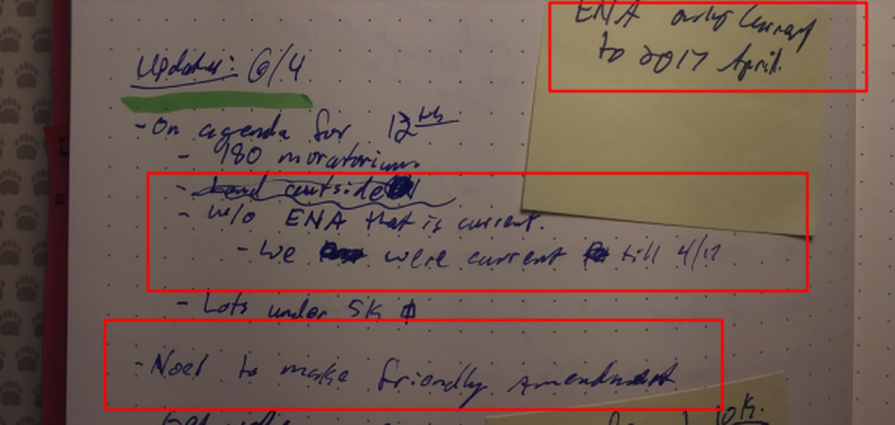
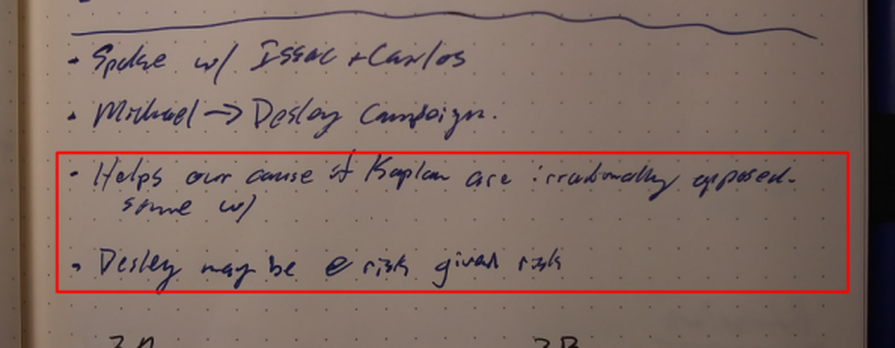
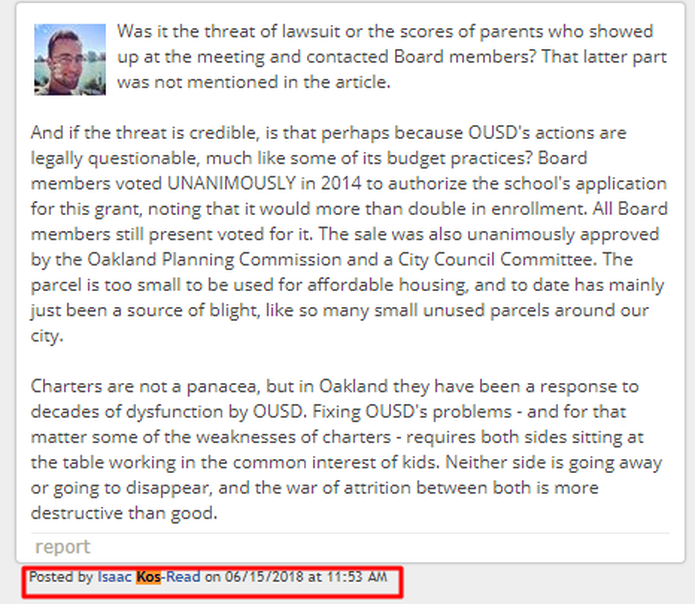
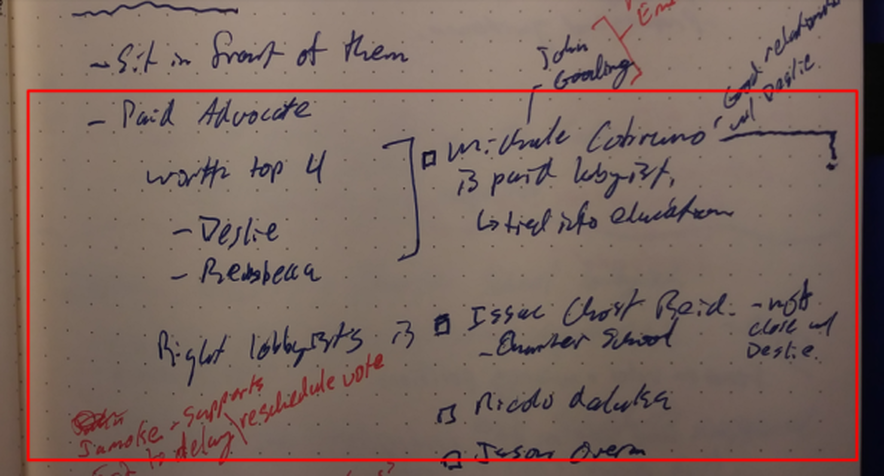





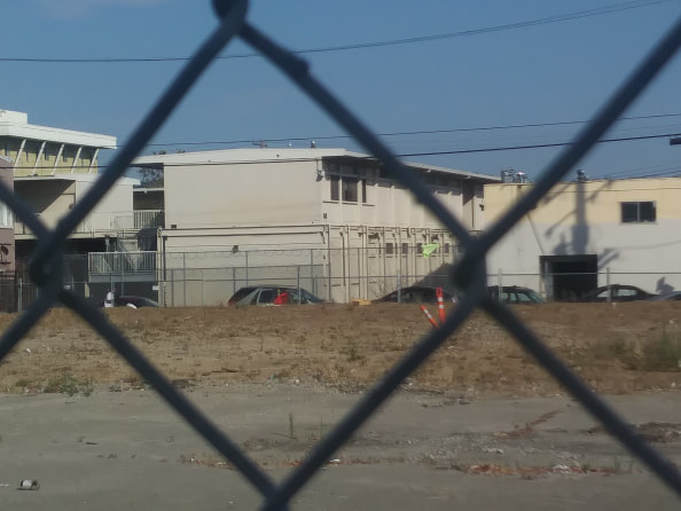


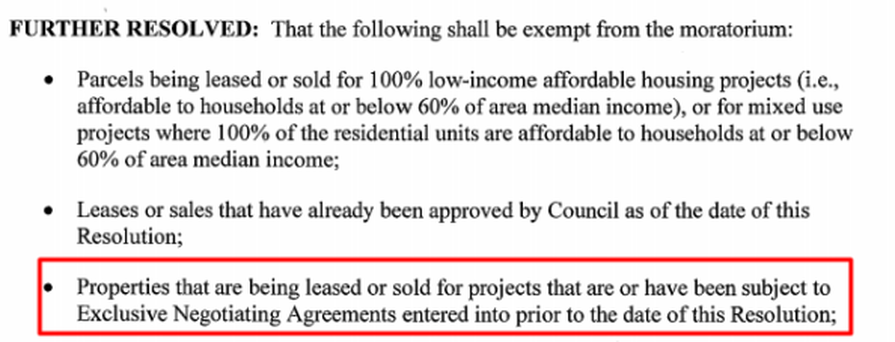

 RSS Feed
RSS Feed
